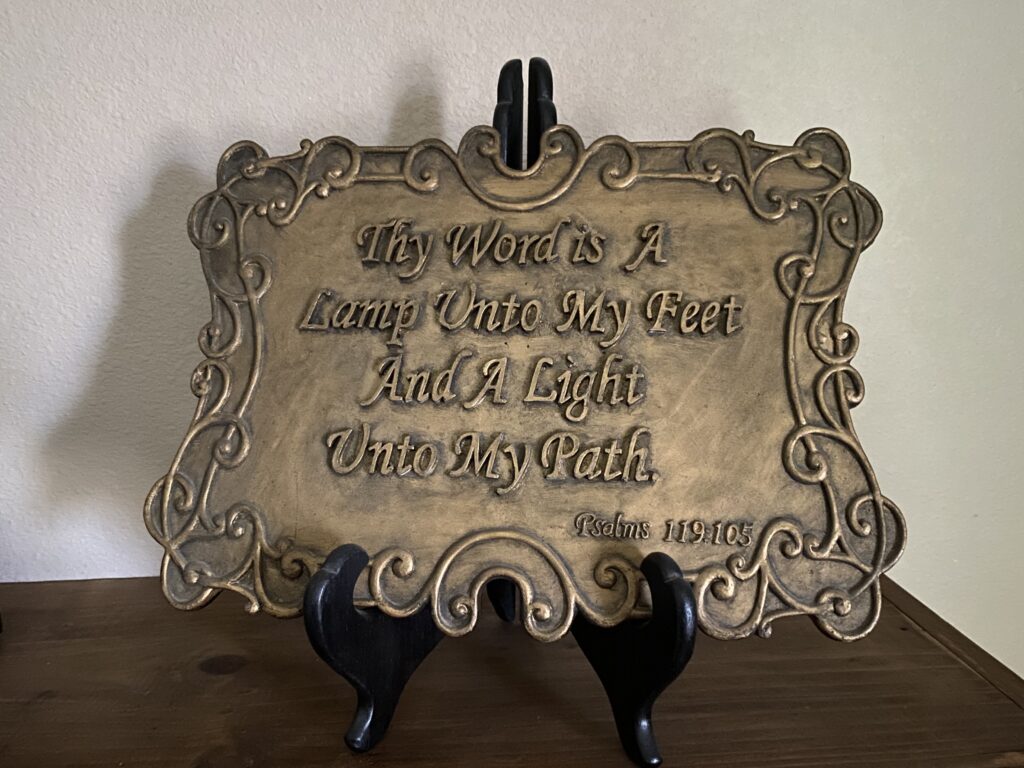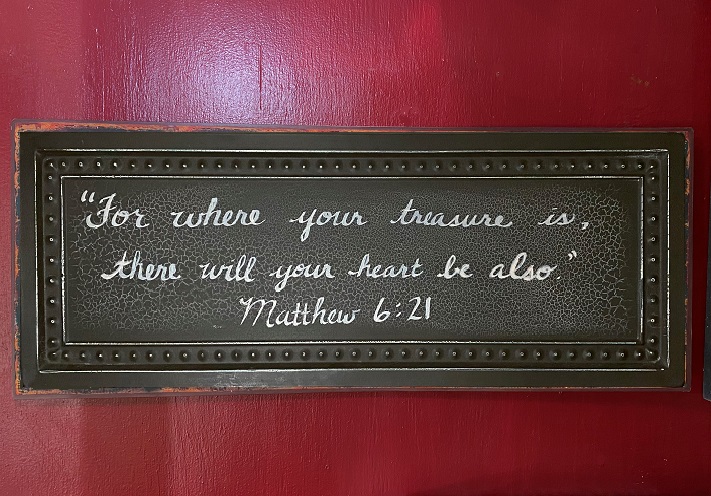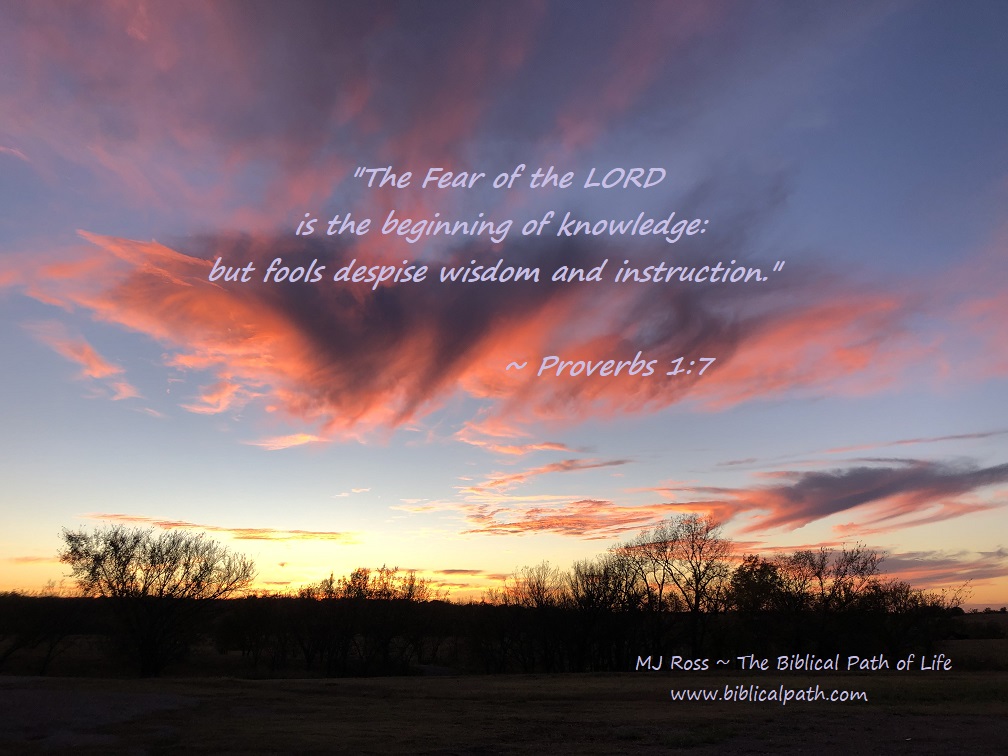
Psalm119:105
Have you ever recognized God speaking to you through His Word? Did you understand there was something He wanted you to do? Have you ever chosen to do what you want to do instead of following the plan God has for your life? God’s Word is to be a light for your path giving you direction. “Thy word is a lamp unto my feet, and a light unto my path” (Psalm119:105).
One cannot help but remember back to a man in the Bible who chose to do what he wanted to do over what God wanted him to do. He was told by God to do a job. However, instead of obeying God, he ran the other direction. This man’s name was Jonah. He was a prophet of the Lord.
God told Jonah, “Arise, go to Nineveh, that great city, and cry against it; for their wickedness is come up before me” (Jonah 1:2). Instead of obeying God, read what Jonah did. He went, found a ship, bought a ticket, boarded the ship, and went to sleep. No problems! Everything is lovely! He must be in God’s will for everything to have worked out so well! However, see what God’s Word tells us: “But Jonah rose up to flee unto Tarshish from the presence of the LORD, and went down to Joppa; and he found a ship going to Tarshish: so he paid the fare thereof, and went down into it, to go with them unto Tarshish from the presence of the LORD” (Jonah 1:3). He thought he was fleeing from the presence of the Lord – all because he did not want to do what God wanted him to do. One important thing to consider: can anyone hide from God? “Whither shall I go from thy spirit? or whither shall I flee from thy presence?” (Psalm 139:7). The following verses (in Psalm 139:8-12) declare there is no place one can hide from God. Nevertheless, Jonah was so comfortable in his position of flight from God that he went to sleep in the belly of the ship.
Jonah was still asleep when a great storm arose that terrified even the seasoned mariners that were in charge of the ship. They were afraid the ship would be broken. “Then the mariners were afraid, and cried every man unto his god, and cast forth the wares that were in the ship into the sea, to lighten it of them. But Jonah was gone down into the sides of the ship; and he lay, and was fast asleep” (Jonah 1:5).
Jonah knew the storm had come because of him. Jonah had not implemented what he knew: “Thy word is a lamp unto my feet, and a light unto my path” (Psalm119:105). Jonah was supposed to follow the path God’s Words had given to him. Jonah knew what God had told him to do. Instead, he went the opposite direction, ending up on a ship in the midst of a terrible storm. Jonah told the men to throw him overboard, and the storm would cease. “15. So they took up Jonah, and cast him forth into the sea: and the sea ceased from her raging. 16. Then the men feared the LORD exceedingly, and offered a sacrifice unto the LORD, and made vows” (Jonah 1:15-16).
God knew what they would do. See what He had already done. “Now the LORD had prepared a great fish to swallow up Jonah. And Jonah was in the belly of the fish three days and three nights” (Jonah 1:17).
What did Jonah do once he was imprisoned in the belly of the fish? “Then Jonah prayed unto the LORD his God out of the fish’s belly” (Jonah 2:1). Jonah understood. It was his fault that he was there. Jonah cried out to God to help him. “When my soul fainted within me I remembered the LORD: and my prayer came in unto thee, into thine holy temple” (Jonah 2:7). Jonah recognized his failings, promising to do what he was supposed to do. “But I will sacrifice unto thee with the voice of thanksgiving; I will pay that that I have vowed. Salvation is of the LORD” (Jonah 2:9). Once he repented, “And the LORD spake unto the fish, and it vomited out Jonah upon the dry land” (Jonah 2:10).
Jonah went to Nineveh. He warned the people. Everyone from the king down repented and turned to God. Because of Jonah’s warning, the whole city was saved. However, Jonah will forever be known as a reluctant prophet who was swallowed by a great fish for disobeying God.
Are you willing to disobey God’s plan for your life, running away ending up ineffectual, until you recognize God and repent?
Or will you choose to make God’s Word a lamp unto your feet, and a light unto your path?








